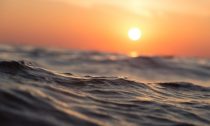
A vital system of ocean currents could collapse within a few decades if the world continues to pump out planet-heating pollution, scientists are warning – an event that would be catastrophic for global weather and “affect every person on the planet.” A new study published Tuesday in the journal Nature, found that the Atlantic Meridional Overturning Current – of which the Gulf Stream is a part – could collapse around the middle of the century, or even as early as 2025.
Scientists uninvolved with this study told CNN the exact tipping point for the critical system is uncertain, and that measurements of the currents have so far showed little trend or change...
Read More










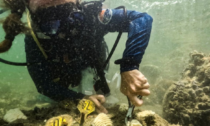
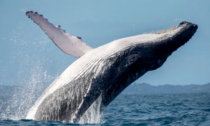
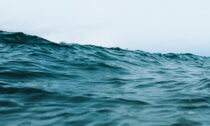
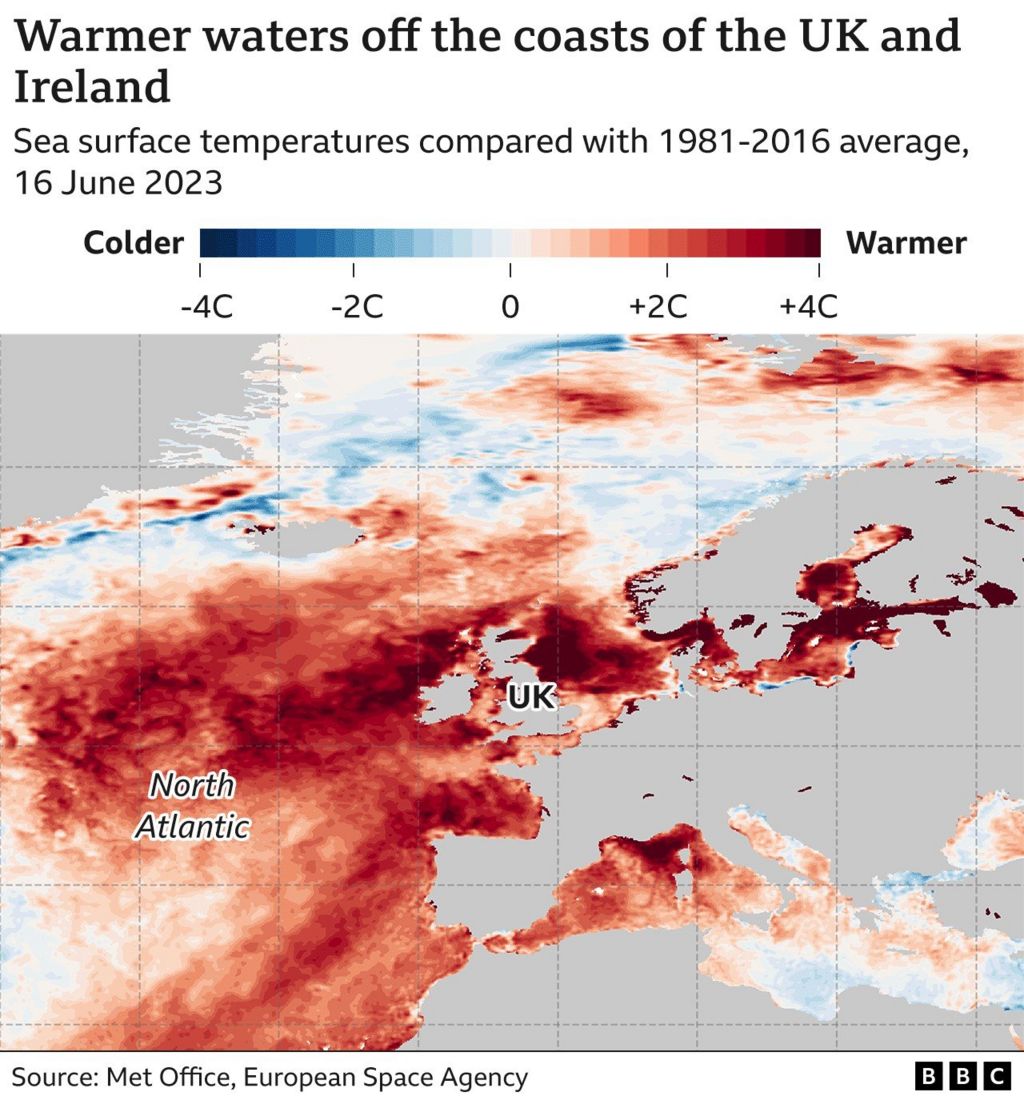
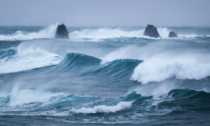
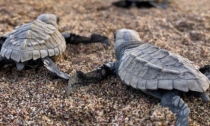
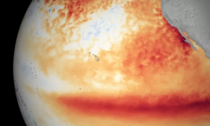
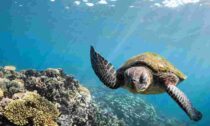
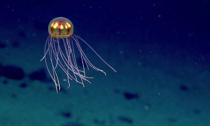

Social Profiles